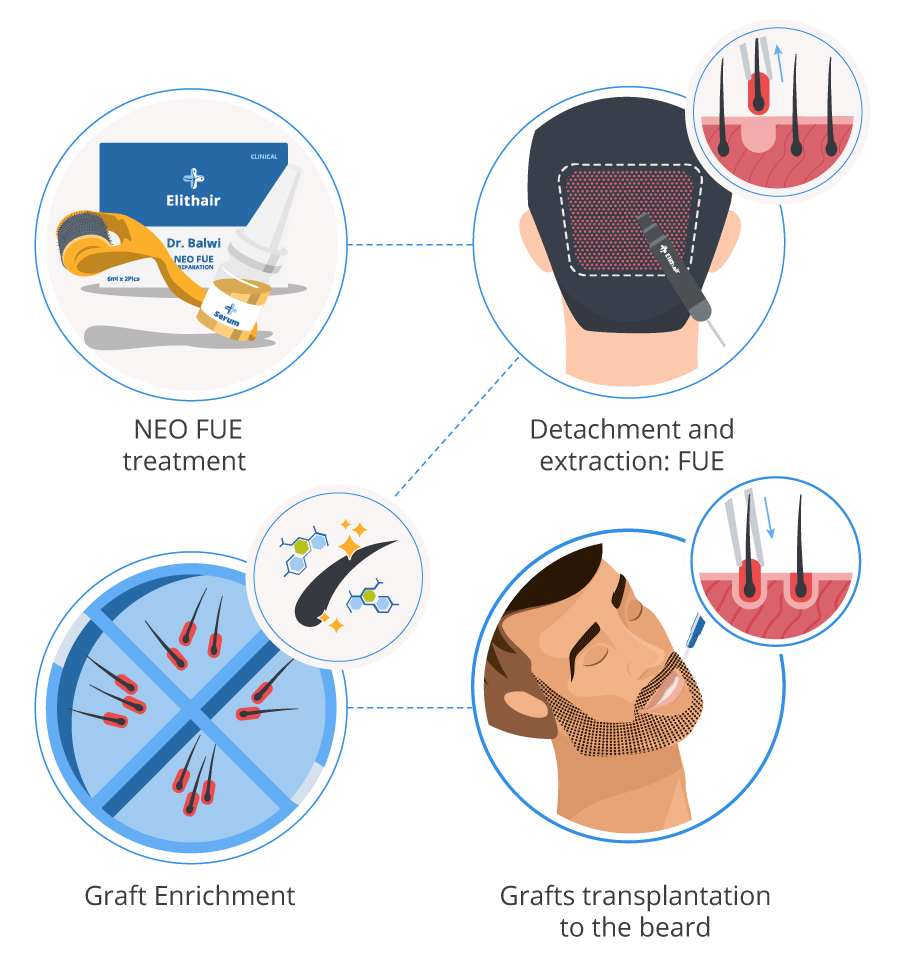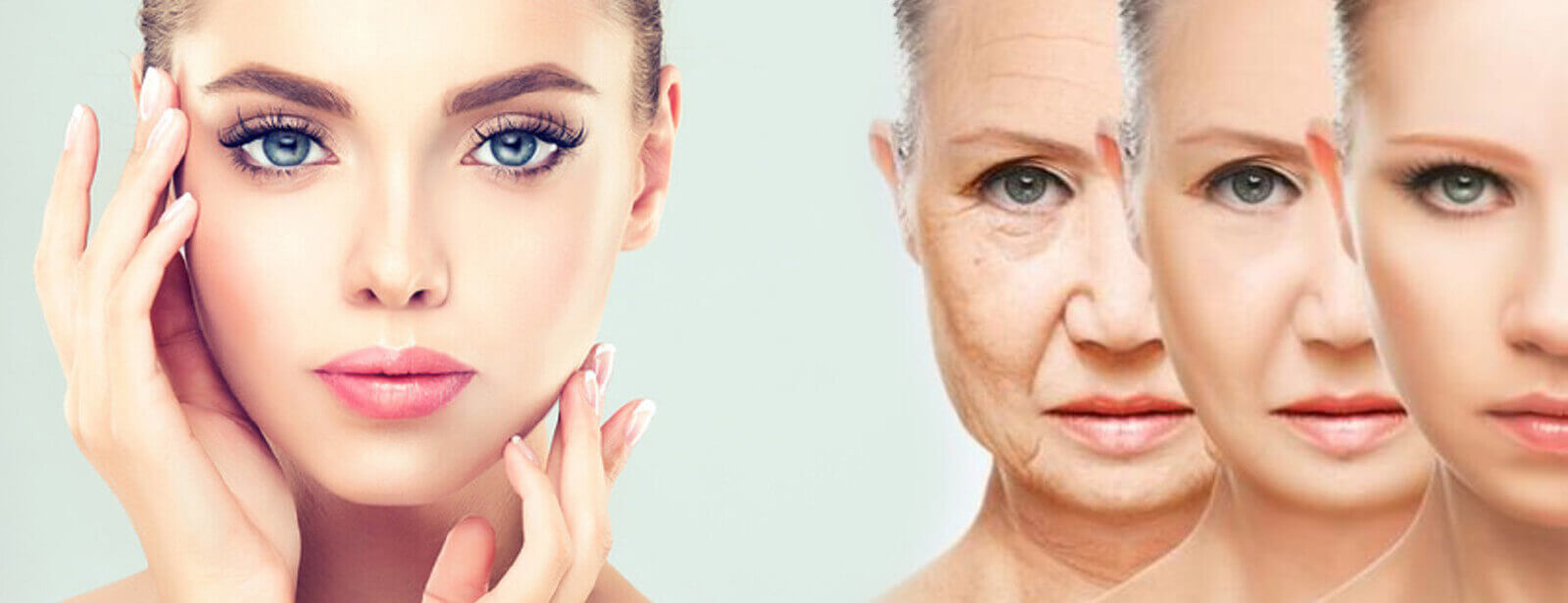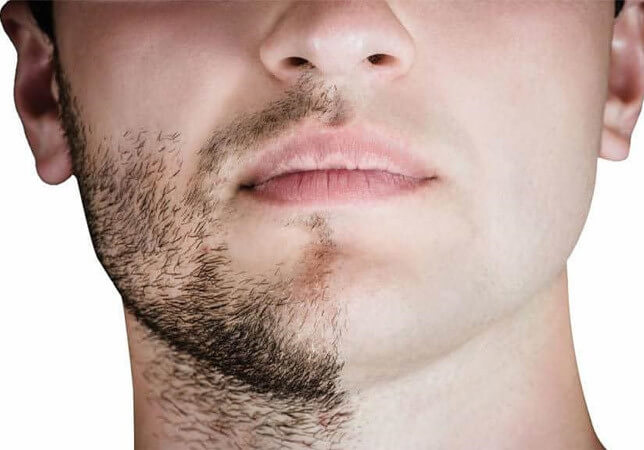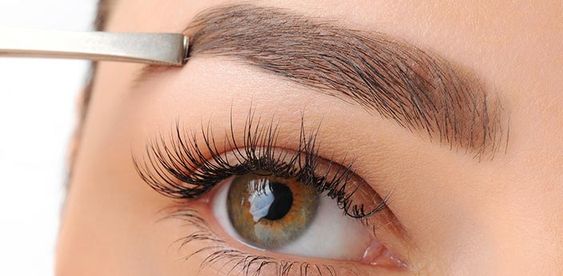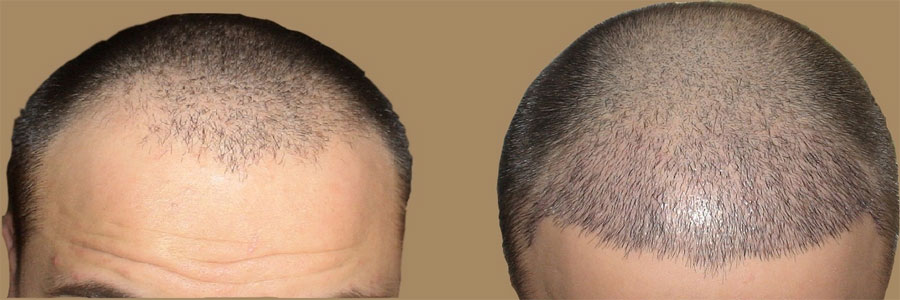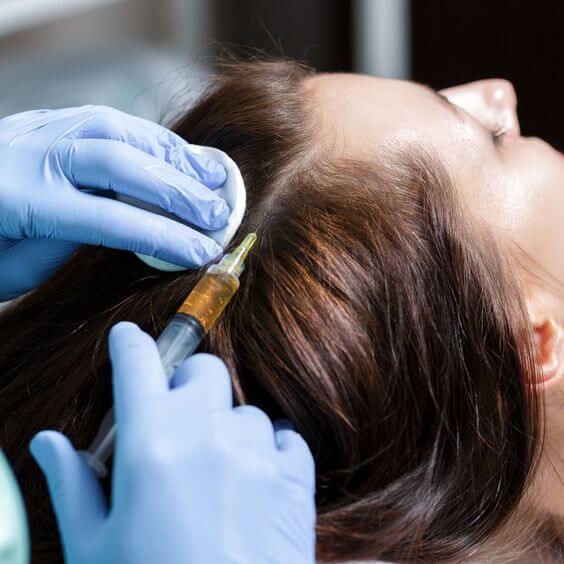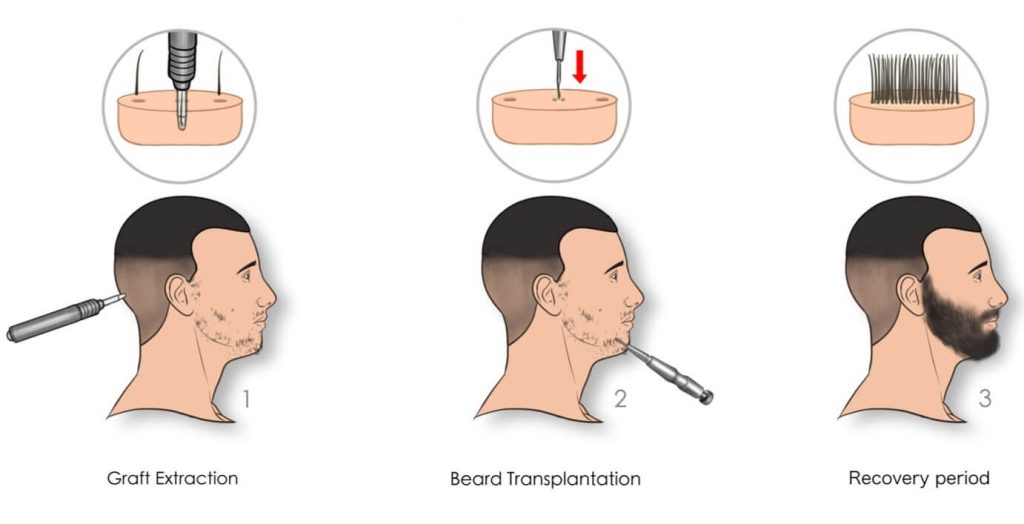
Many Iranian men like to have thick beards and mustaches. Because in our country, due to cultural conditions and religious contexts, having a beard and mustache is considered one of the beauty effects of men’s faces. Facial hair, like head hair, is a gift from God that some of us do not have. But the good news is that with beard and mustache transplant, almost everyone can have a thick and beautiful beard and mustache.
In this article, we want to review all the issues and aspects related to beard and mustache transplantation. From the right candidate for implantation to side effects and post-implant care. But before we get to the point, we must see what is the cause of hair loss in the beard and mustache area or baldness in some men.
The cause of hair loss in the beard and mustache area
Beard and mustache problems in men can be seen in three general ways:
* In most men, some parts of the face (such as lips) lack beard, but other parts have good density, for example, the chin is full of hair.
* Some men have full beards and mustaches, but with low density and weak hair. These people generally cannot grow their beards and mustaches.
* A small number of men generally do not have beards and mustaches, which can have genetic, congenital or acquired causes.
We can solve these problems by implanting a beard and mustache, of course, if you are a good candidate for this procedure.
But what is the cause of the weaknesses in beard and mustache hair? The reality is that there are many possible reasons why your beard and mustache are receding. It is good to know these causes, but the treatment method for all of them is almost the same: planting a beard and mustache.
In the following, we have reviewed some of the more important reasons:
1) Genetic factors
Hereditary or genetic factors are probably the most important reasons for low back beard and mustache. If your father and grandfather had bushy beards and mustaches, you probably will too. If the situation is the opposite, most likely you will not have a thick beard and mustache. Of course, the condition of the beard and mustache in the mother’s family is also important.
When we say that something is hereditary or genetic, it means that there is no drug that can change the condition. Currently, beard and mustache planting is the only solution we have. Medicines, lotions, serums, mesotherapy and other methods cannot make your beard and mustache grow like a divine miracle! So don’t be fooled by false advertisements and empty claims.
2) Hormones
Hormones can be one of the factors of thinning beard and mustache. The hormone that has a vital effect on the growth of beard and mustache hair is testosterone. One of the body’s sex hormones, which is also known as the male sex hormone. Of course, women also make this hormone, but the amount of its secretion is more in men.
The production and secretion of testosterone increases during puberty in men. You must have seen and experienced that boys’ beards and mustaches gradually grow thicker during puberty. Some applicants for beard and mustache transplant are those whose body produces less testosterone.
Testosterone is converted to DHT or dihydrotestosterone in the skin. DHT has the same effects as testosterone on the follicles, but because it is a local hormone, it stays in the tissue for a long time and has more effects than testosterone on the hair. In our skin, there is an enzyme called 5-alpha reductase (5AR) that converts testosterone to DHT. Medicines that inhibit this enzyme (such as finasteride) are used to treat male pattern hair loss.
In those with hereditary hair loss (androgenic alopecia), DHT causes hair loss on the head and hair growth on other parts of the body. Therefore, if the 5AR enzyme is low or if DHT production is reduced for any other reason, the hair on the back of the head and facial hair will be less. Some applicants for beard and mustache transplant are those who have less 5 alpha reductase enzyme in their body.
The last point is that in some men, blood supply to cheek areas is weaker than blood supply to other parts of the face. Therefore, less nutrients and hormones reach the follicles in this area. A problem that causes some men to have hairless cheeks and lips.
3) Injuries and diseases
Some injuries to the skin and skin diseases can cause temporary or permanent baldness in the beard and mustache areas. Some of these are:
* Wounds and scars
*Stitch place
* Fracture
*Surgeries such as cleft palate repair surgery
* Burns
* Folliculitis (inflammation of follicles)
Of course, beard and mustache loss caused by the above is not always permanent, but if it is permanent, the only way to improve the situation is to grow a mustache.
Apart from these cases, alopecia areata or alopecia areata can also cause the loss of beard and mustache hair. Hair loss in alopecia areata (either on the head or in the beard) is usually temporary, but it recurs periodically. Baldness caused by alopecia areata cannot be treated with implants.
4) lifestyle
We all know that we should get enough sleep, eat healthy foods, exercise, and reduce our stress levels. These are important for the overall health of your body as well as the growth of your beard and mustache. Regarding diet, biotin and niacin vitamins can be effective on the growth of beard and mustache and head hair. These vitamins are found in foods like eggs, avocados, milk, fish and sunflower seeds and are good to have in your diet.
Guide for beard and mustache transplant applicants
If you decide to grow a beard or mustache, there are things you should know. At the end of this article, you can answer the following questions:
* What is meant by hair transplantation or transplantation?
* What are the advantages and disadvantages of planting a beard and mustache?
* How much are the treatment costs?
* Are you a suitable candidate
